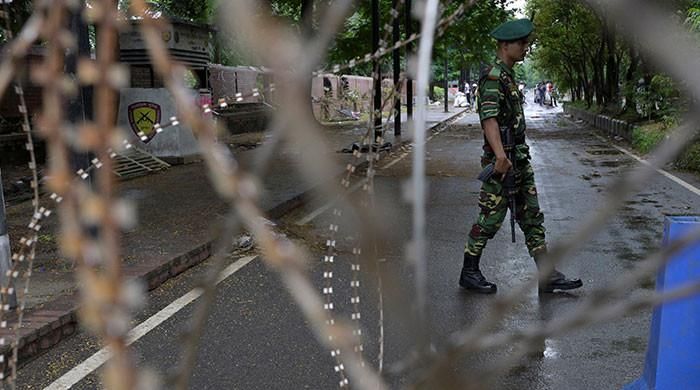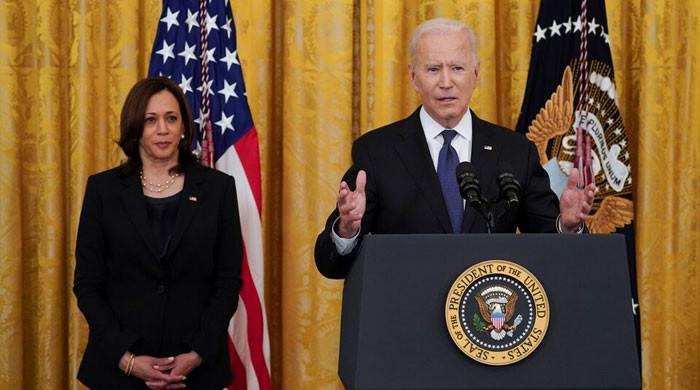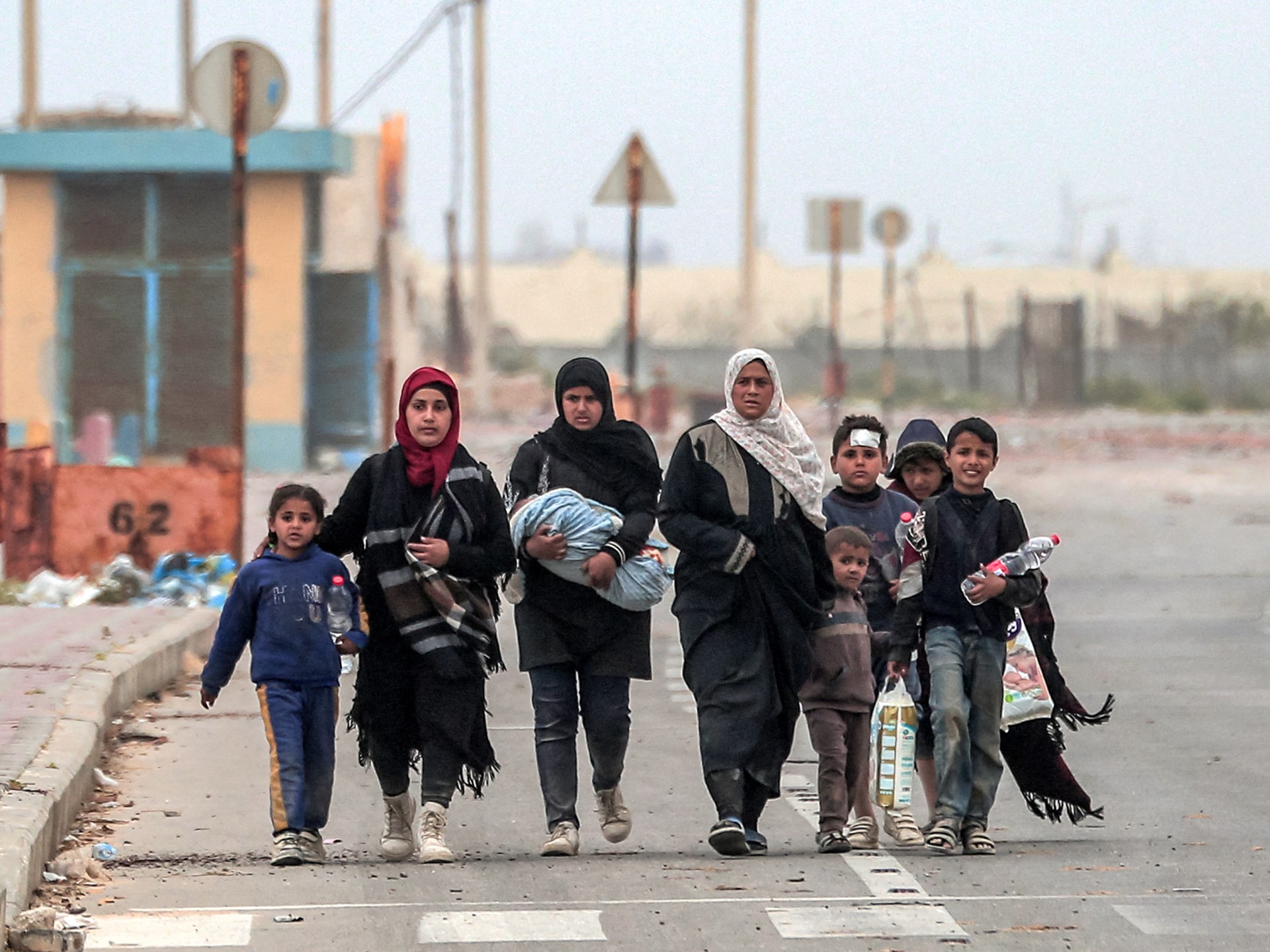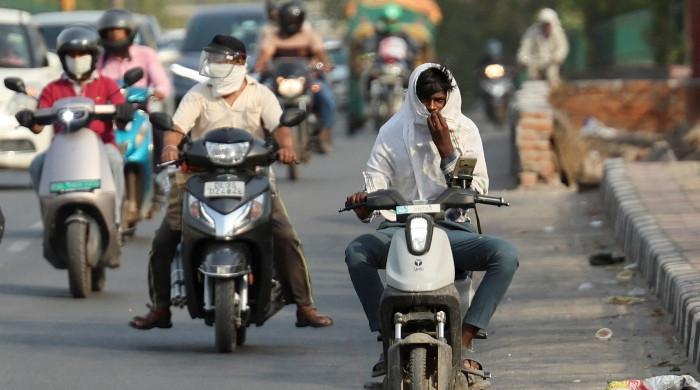KOLKATA: India has arrested nearly a dozen Bangladeshis trying to cross the border to escape violence and political turmoil following deadly protests that led to the ouster of Prime Minister Sheikh Hasina, border officials said on Monday.
Hundreds more are waiting along the border seeking permission to cross, India's Border Security Force (BSF) said.
Hindus are the largest religious minority in Bangladesh, a Muslim-majority country, and are seen as a strong support base for Hasina's Awami League party.
Following Hasina's abrupt resignation and escape to India, ending her 15 years of autocratic rule on August 5, there were numerous reports of attacks on Hindu homes, temples and businesses.
India's BSF said 11 Bangladeshi nationals had been arrested since Sunday trying to sneak across the border into West Bengal state.
“Several hundred Bangladeshi nationals are still waiting in no man's land to cross the border,” said BSF Deputy Inspector General Amit Kumar Tyagi. AFP.
Bangladesh is almost entirely surrounded by India, with a border stretching for more than 4,000 kilometres (2,485 miles), much of which is unfenced.
Four Bangladeshis were also “repelled” from the Indian state of Assam, Chief Minister Himanta Biswa Sarma said on social media platform X.
'Safety and protection'
New Delhi has been wary of Hasina's downfall, as she sought a delicate balance between enjoying India's support and maintaining strong ties with China.
Hindus make up about 8% of Bangladesh's 170 million people.
Over the past week, religious rights groups said they have documented more than 200 incidents of attacks on minority communities in Bangladesh, a figure that also includes Christians and Buddhists.
The security situation has improved dramatically since then and on Monday Bangladeshi police resumed patrols in the capital Dhaka, ending a strike that left a vacuum of law and order.
India's Home Minister Amit Shah said Friday that a committee had been set up to monitor the situation “to ensure the safety of Indian citizens, Hindus and other minority communities living there.”
The “council of advisers” to interim government leader Muhammad Yunus, the de facto cabinet now running the country, said it had noted with “grave concern” some attacks on Hindus and other minorities.
In its first official statement on Sunday night, the cabinet said it would work to “find ways to resolve such heinous attacks.”












